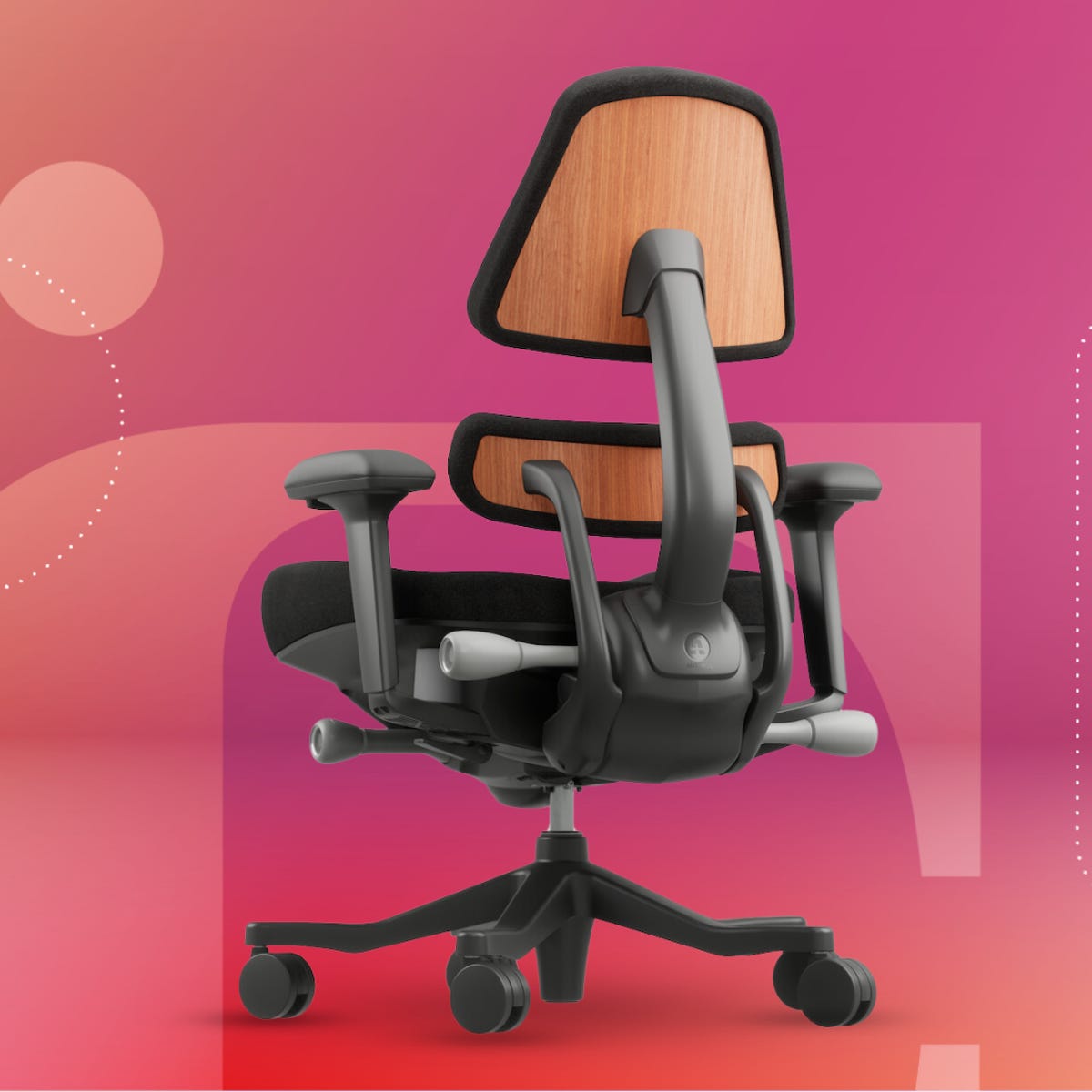Chair AI represents an emerging category of intelligent furniture systems integrating embedded sensors, posture analysis algorithms, and adaptive ergonomic controls. These systems leverage real-time biomechanical feedback to promote user health and productivity.
Core Technological Components
- Pressure Mapping Arrays - Matrix sensors detecting weight distribution and sitting patterns
- Computer Vision Posture Tracking - Onboard cameras with privacy filters monitoring spinal alignment
- Adaptive Actuation Systems - Micro-adjustable lumbar support and seat tilt responding to movement data
Key Functional Capabilities
Active posture correction through haptic alerts when detecting forward head tilt or pelvic rotation exceeding ergonomic thresholds. Automated reconfiguration presets transition between focused, reclined, and standing support positions. Long-term health analytics track spinal load distribution and suggest personalized adjustments.
Implementation Considerations
Current systems face computational constraints requiring edge-cloud processing balance. Major development challenges include sensor calibration drift and establishing universally valid posture benchmarks. Privacy compliance demands strict on-device data processing protocols for visual monitoring systems.

Emerging Applications
- Redistributing pressure points for wheelchair users via dynamic cushion systems
- Preventative ergonomics in industrial settings through fatigue prediction algorithms
- Automated workers' compensation documentation via posture history logs







